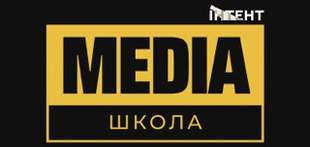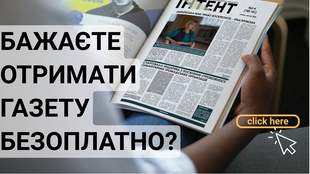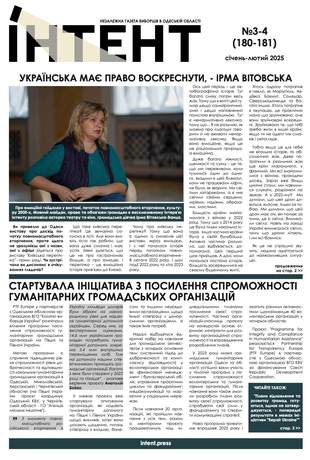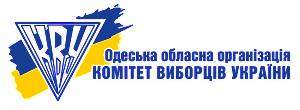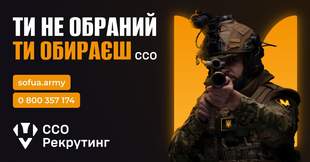Меню
Social networks
May 25, 2025, 7:57 a.m.
Pastor of sailors and military: Father Oleksandr Smerechynskyi about his ministry
Цей матеріал також доступний українською21
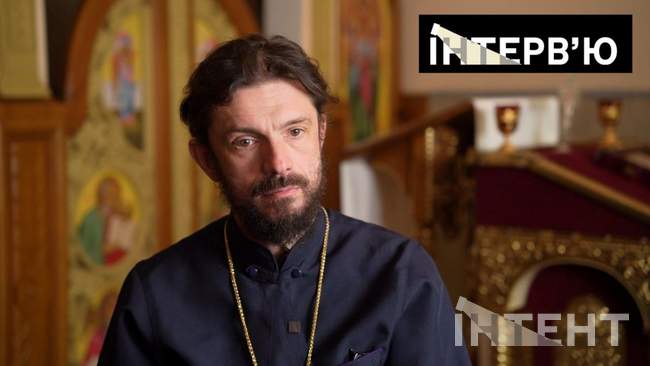
Photo: Intent/Natalia Dovbysh
Father Oleksandr Smerechynsky is a well-known naval chaplain in Odesa, a confessor of the local Euromaidan, and deputy head of the Department of Maritime Apostolate of the Ukrainian Greek Catholic Church (UGCC). We talked to him about how he communicates with the victims of the attacks in the port, and how a person at war is sometimes forced to stoop to the animal level in order to save his own life. Intent begins a series of publications with clergymen of the denominations represented in the South of Ukraine. This time, our journalist found out the chaplain's opinion on why the Moscow Patriarchate still exists and what to expect from the new Pope.
Watch the interview in full
You serve in the mission of the Maritime Apostolate of the UGCC. What does it consist of?
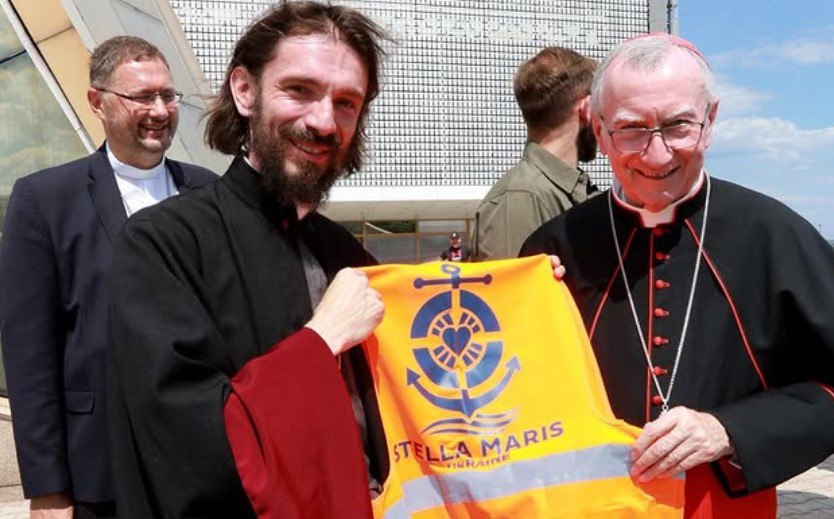
Photo: Stella_maris_ukraine/instagram
The Maritime Apostolate is a structure of the Catholic Church that is called to help and care for the people of the sea. It is not just about sailors, but about all people involved in the maritime industry and aquaculture as such.
In Ukraine, this organization is represented by the Ukrainian Greek Catholic Church. It is a patriarchal structure that is designed to help foreign seafarers in Ukraine as well as Ukrainian seafarers. In the synod, this structure is headed by Bishop Pavlo Khomnytsky, and I am honored to be his deputy, who is directly involved in these matters.
By the way, apostolate is an old name. Nowadays, our organization has a different name in the world - "Stella Maris", which means "Star of the Sea" in Latin.
You visit sailors in the port of Odesa, whose ships are hit by Russian ballistic missiles. What is it like to talk to a shocked crew?
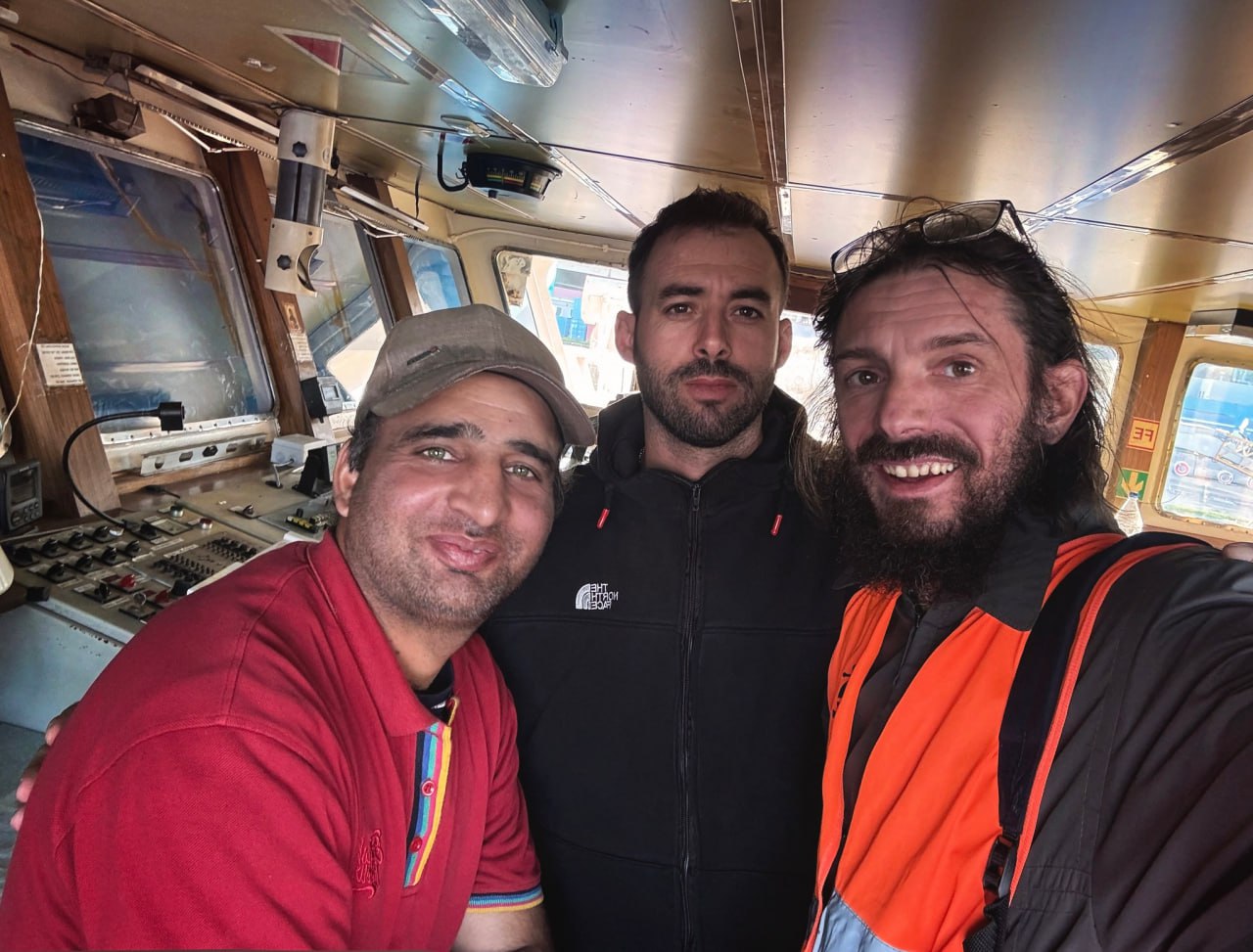
Photo: Facebook page of Oleksandr Smerechynskyi
This is a false impression that these people are not capable of communication. There was a situation when there was an arrival, not directly to the ship, but near the ship. The guard told me: "They are so shocked by yesterday's attack that you are just wasting your time." I went on board and spent two hours there. All this time we talked. In fact, after such an experience, people need to talk, to share everything they have just experienced. That's why we are needed.
Maritime ministry requires an ecumenical format; there is always a multi-denominational team on the ship. Do Greek Catholics have a ban on proselytizing?
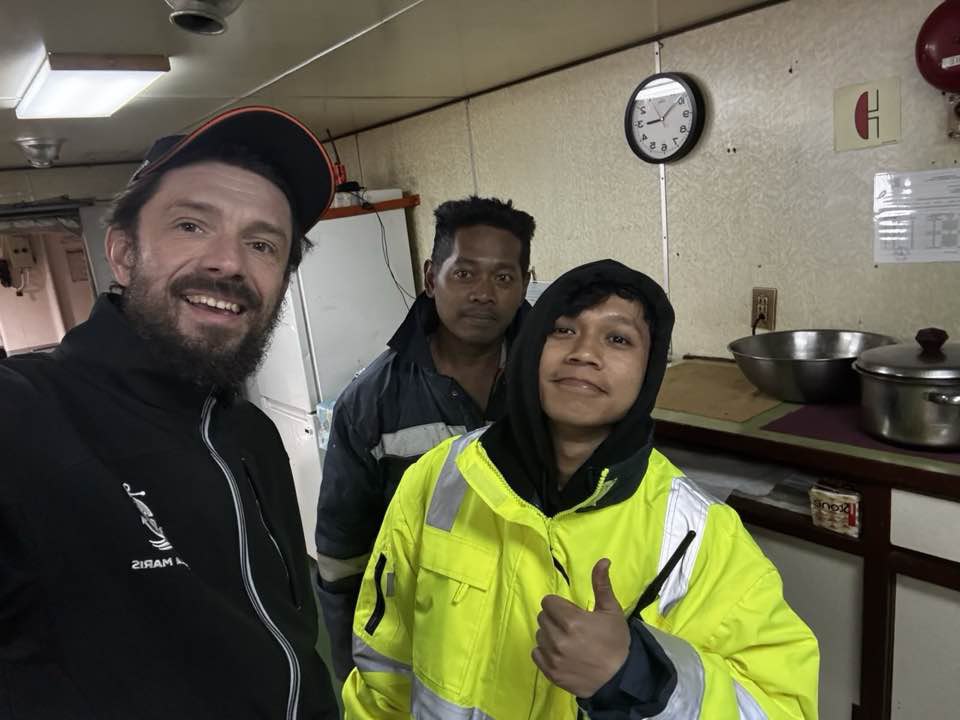
Photo: Facebook page of Oleksandr Smerechynskyi
There is a certain set of rules for chaplaincy. It strictly prohibits proselytizing. This, by the way, is a problem for new denominations, where proselytizing is an integral part of their mentality.
Proselytizing is the desire to spread one's faith and convert others to it.
Therefore, very often we are misidentified, for example, in a port, thinking that we are preachers. But we preach not with our mouths, but with our lives. There are two fundamental principles: love for the Lord God and love for one's neighbor. But a neighbor is not necessarily a Christian, a believer in your church, it is any person.
Tell us about the ministry of the Ukrainian Navy.
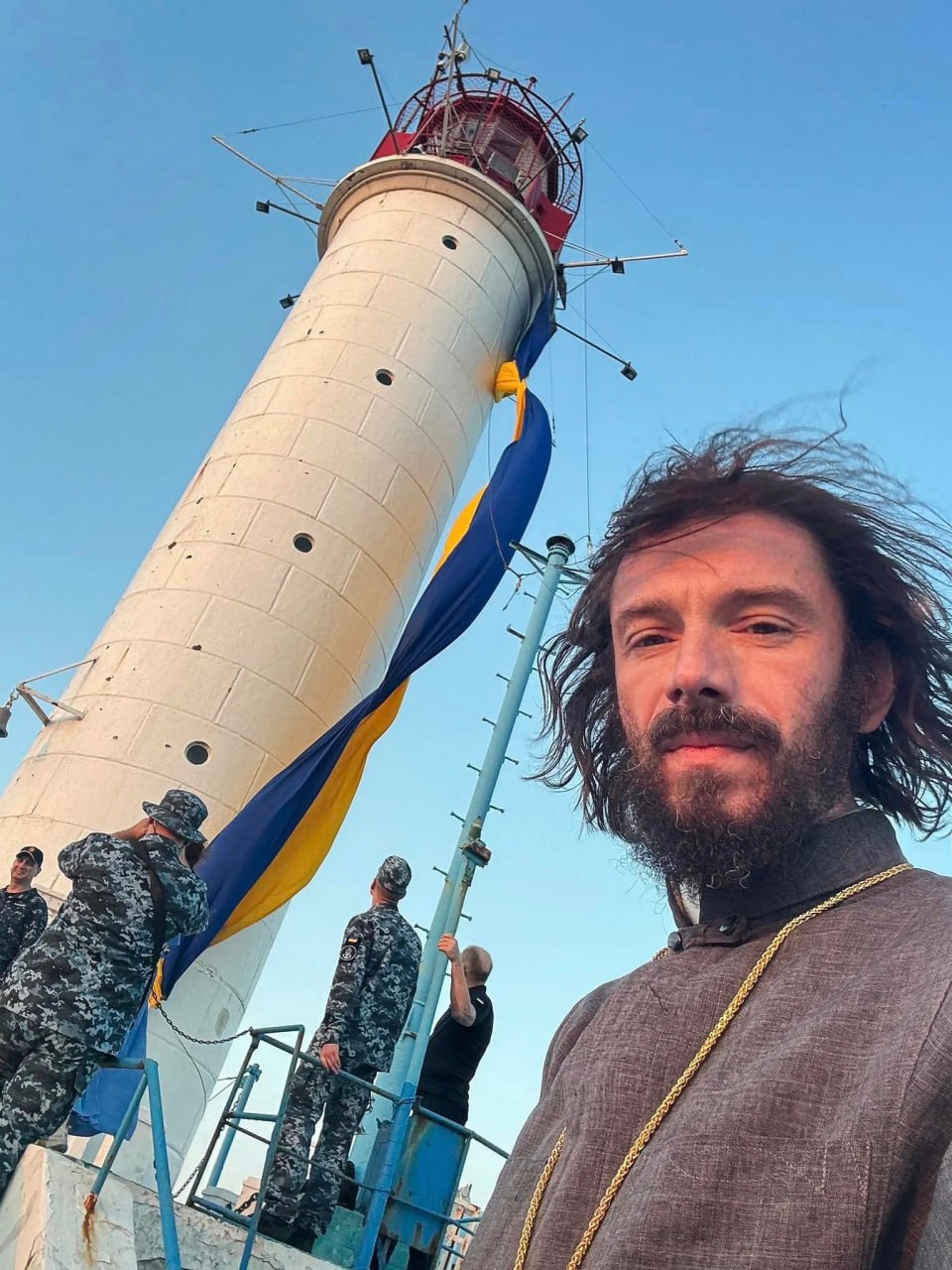
Photo: Facebook page of Oleksandr Smerechynskyi
Let's start with the fact that even before 2014, there was a Western Naval Base (WNB) in Odesa. It was a very small part of our naval forces, because 90% of them were in Crimea. In 2008, during the regular Sea Breeze exercises, a chaplaincy event had to be held. And since I have been working with sailors in the port since 1999, I was involved in this activity. After that, I started working with the personnel, but not even with all of them, but only with conscripts who were called up to serve as sailors.
In 2014, the Naval Base became the main base of the Navy. And since I had all the passes at that time, I started working with the navy personnel.
It was a new, completely different page - the beginning of a full-scale one. Two weeks before that, I had been regularly attending meetings with the personnel of the Pivden naval base, and everything was clear to me. There was already a re-adjustment of internal life to war. I asked the officers what was going on. "Nothing, nothing, everything is fine, everything is fine," they answered me.
When the full-scale war began, the lives of all of us changed. Activity in the ports came to a standstill until the summer of 2023. For some time we worked, helping foreign sailors, because they were essentially arrested by the war, but then they were evacuated.
From that moment on, we started working exclusively with the personnel of the naval forces, almost 100%. And this, I repeat, was before the opening of the so-called grain corridor.
It was mostly volunteer work. 90% of it was supplying, procuring, and equipping everything we needed. Starting with some cups, disposable forks and ending with sophisticated equipment. At the same time, we were working with souls, with minds, so to speak. It was a very touching moment, because sometimes you had to choose who you were more - a substitute staff volunteer or a chaplain. There were cases when I was needed as a priest because people were dying, I had to talk to the family, to my brothers-in-arms, and you were already a squeezed lemon because you had been driving a volunteer for 10-12 hours.
There is a perception that a priest in the army is someone who serves the liturgy, blesses, and preaches. In fact, no. This is a very small part of our work. First of all, he is a listener. At war, people often consider themselves abnormal. Because first of all, what does war do? It cripples the human being in a person.
The function of a chaplain is to help a person at war to remain a person. The worst thing that war does, I repeat, is to destroy human souls, because we will rebuild expensive houses and infrastructure. It will take us a long time, decades, to return our defenders their humanity.
Because in war, a person is sometimes forced to stoop to the animal level in order to save his own life, save the life of a fellow soldier, and so on. And many people do not return from this animal instinctive state. In addition, traumatic experience often works to convince a person that he or she is somehow different.
In such cases, I say: you are normal, this is a normal reaction to abnormal circumstances. War is unnatural. Killing your own kind is unnatural. But you are forced to, you are good.
Our vocation is to calm people down with such phrases, with a common prayer, to prevent them from getting bogged down in what the war brings them to.
What is your relationship with the priests of the UOC-Moscow Patriarchate?
Over time, I lost interest in them when I buried several of my brothers after 2014.
Remember how, before 2014, they used to write"Moscow Patriarchate" on their signs in large letters and "Ukrainian Orthodox Church" in small letters. One day these signs changed-the Moscow Patriarchate simply disappeared. But there are photographs. And it is so interesting sometimes to listen to what they say: "The Moscow Patriarchate? I've never heard of it."
I am convinced that this is an insincere position in order to preserve their structure. They are manipulators who know everything well and understand everything. They are just self-serving people.
At the same time, I am a great opponent of the rigidity, in fact, the pseudo-rigidity, with which they are being pressured now. It is very inefficient from the state's point of view. Because there is a halo of martyrdom that binds the structure from the inside.
Our religious environment is very competitive. It would be much more effective to put us all on a level playing field. If law enforcement agencies worked at full capacity, the Moscow Patriarchate would quickly move to the status of one of the marginal religious movements.
Has your attitude to Orthodoxy changed since the advent of the OCU?
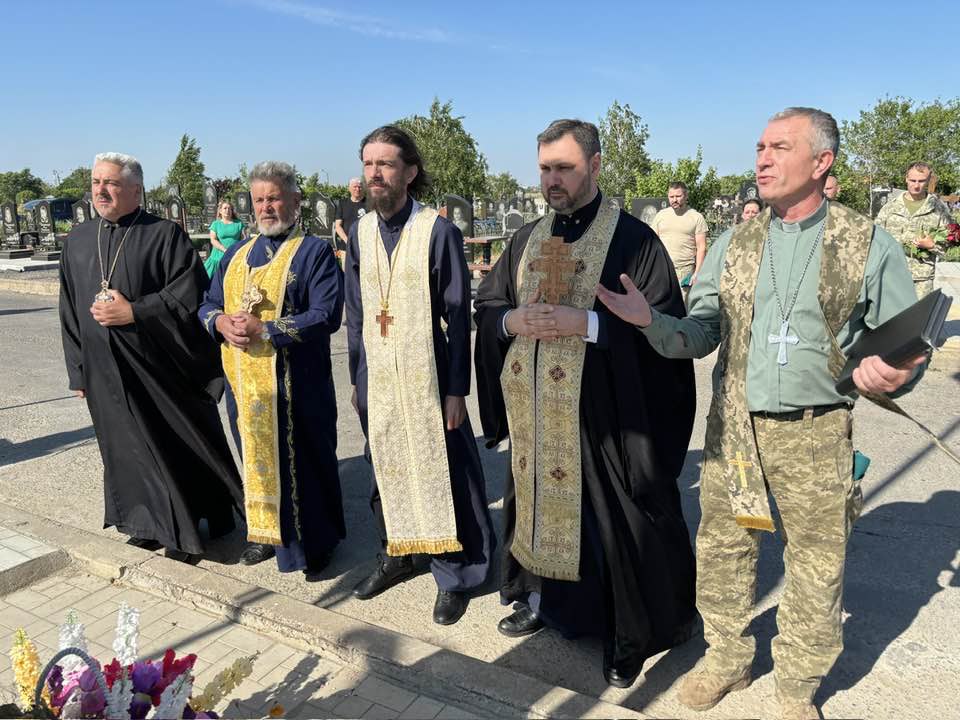
Photo: Facebook page of Oleksandr Smerechynsky
The Ukrainian Greek Catholic Church and the Orthodox Church of Ukraine are the closest sister churches. We have a huge number of activities and projects, particularly in the chaplaincy ministry.
OCU priests often ask when you will finally join us. But I want to disappoint them. This is not going to happen. Of course, it is possible, but in the long run. We all dream of the unity of Christ's church as such, but incitement to mechanical unity is harmful to the cause.
Despite our external similarities, we have over 400 years of history of living separately. We have a different mentality. Still, we consider ourselves part of the Catholic Church. Now the Orthodox Church of Ukraine is going through a very dramatic period of internal formation. And at this stage it is important to get rid of a huge number of atavisms of Moscow Orthodoxy.
How is the Church of St. Andrew the First-Called in Odesa doing? Has the number of believers decreased? Have new immigrants joined the church?
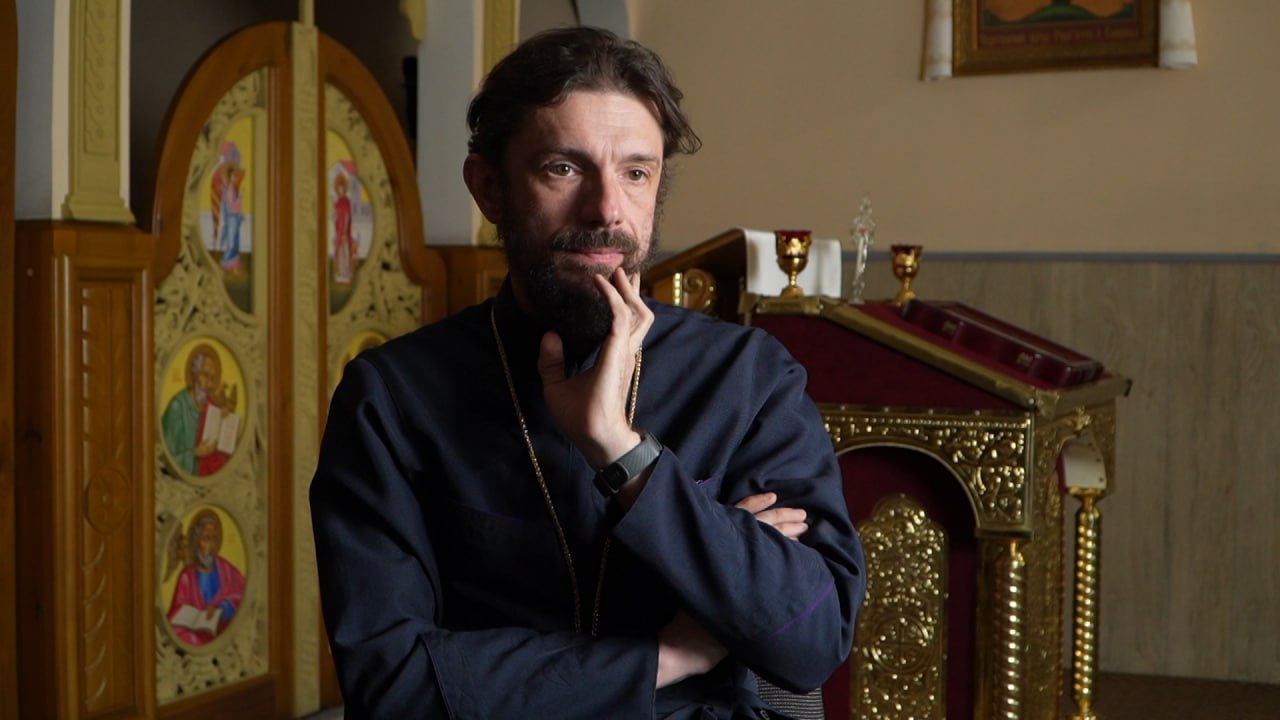
Photo: Intent/Natalia Dovbysh
I would speak more broadly, because we have several communities in Odesa. The Church of the Holy Apostle Andrew the First-Called, where we are now (22/24 Gymnasium Street - ed.), is the cathedral of the UGCC in southern Ukraine, and our bishop Mykhailo Bubniy serves here. But despite the fact that there are three active church communities in Odesa, we are still more or less a single organization.
At the beginning of the full-scale invasion, the number of parishioners decreased dramatically. If you remember, there was a big exodus from Odesa when a huge number of people left. We had a very good choir, and in a moment it was gone. But gradually, believers from Kherson and Mykolaiv regions joined us. Then, after a while, Odesa residents returned. So, in terms of numbers, we are now more or less the same as before the war.
Life has changed dramatically, because at the beginning of the war our parishes were essentially volunteer hubs. All the free premises were overwhelmed with humanitarian aid that came from abroad through Galicia.
Now, of course, it is not in such quantities, but we focus on humanitarian service to various categories of the population. We also help the Armed Forces. Almost all of our priests are both full-time and part-time chaplains. We have also opened two invincibility centers. One near Odesa and the other in the Peresypskyi district.
You had a language scandal after the death of Odesa activist Demian Hanul. Did it have any continuation?
It happened that I came to visit our senior parishioner, it was Lent. This is the time when every Christian, whether Orthodox or Catholic, is obliged to go to confession and communion at least once a year.
Infirm people are not able to come to church, so we must provide them with this opportunity. I came to see my husband for this very purpose. It was a typical parking lot with a bunch of cars. I was looking for a place to park, and when I saw a free spot, I drove up there. There, a man started yelling at me that this place was only for those who lived near the house. I got out of the car and wanted to explain why I was here.
I should note that it was a few days after the murder of Demian Hanul, and I speak Ukrainian as a matter of principle. In response, I heard the phrase that this is Odesa and that we should speak Russian here. I began to explain that Odesa is Ukraine, by the way. And I heard the phrase "we've already dealt with one, we'll get to you soon". All this, to put it delicately, was done in a slightly raised tone.
Many people heard our conversation. And then, as I was told, the local residents of that house had an educational conversation with him. Later, I saw that car again, with a yellow and blue flag glued to the windshield.
What do you say to people who talk a lot about the beginning of the "end of the world" and the Apocalypse?
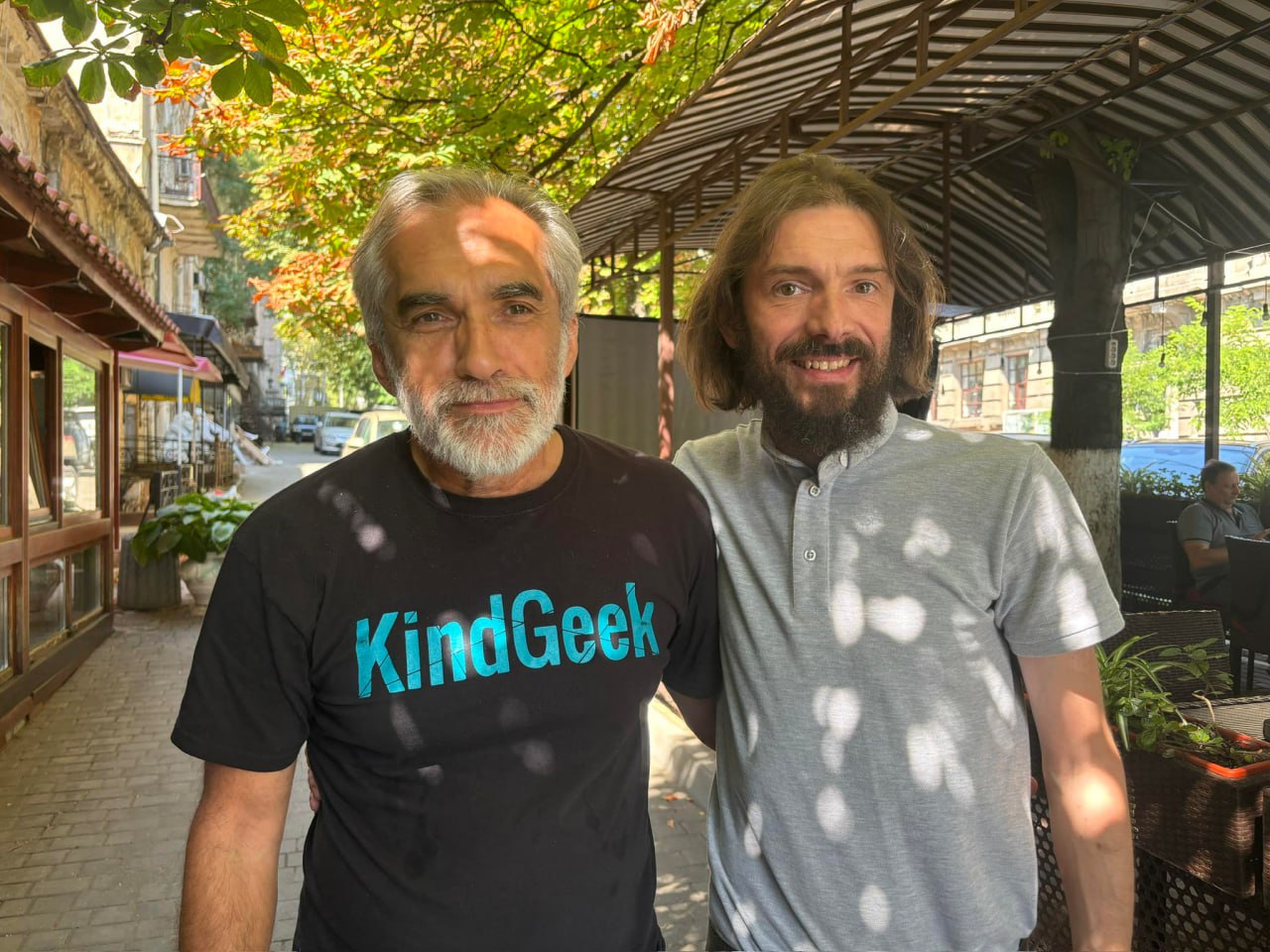
Photo: Facebook page of Oleksandr Smerechynskyi
This state is expected. In 2004, after the Orange Revolution, many people coming from the Maidan were in a very euphoric state. I even had a very strong quarrel with one parishioner at that time. I warned him to prepare for emotional swings in the other direction. Because one way or another, disappointment comes, there are unjustified expectations, and euphoria turns into an emotional pit. It is a big mistake of our state that it did not prepare people for this. When a person is ready, he or she experiences these current emotional states less traumatically.
What should we expect from the new Pope?
This Pope, unlike the previous one, is a much younger man, not so rooted in the Latin American mentality, which is completely different from our European one.
In addition, we see his first statements that even exceeded our expectations. We expect the new pope to take a more realistic position on Ukraine, because there is a misconception that the previous pontiff was anti-Ukrainian. This is not true.
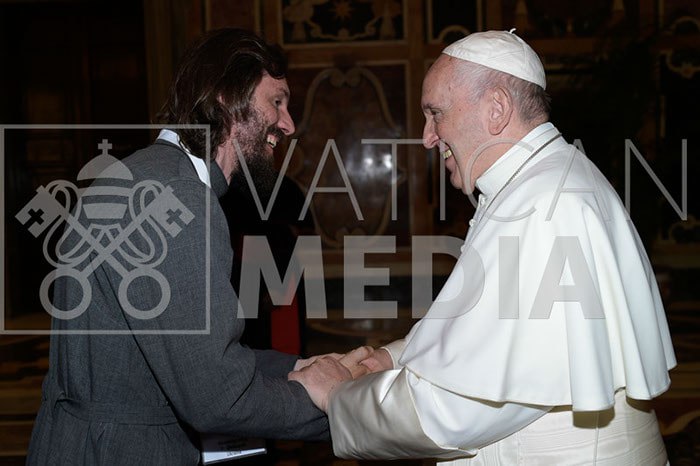
Photo: Facebook page of Oleksandr Smerechynsky/Vatican Media
The Pope knew Ukraine very well, as he spent his childhood and teenage years in the Ukrainian Greek Catholic Church in Argentina. He was intimately acquainted with the head of our church, His Beatitude Sviatoslav, who was a bishop in Argentina before his election. And the Pope was then the Archbishop of Buenos Aires, and they had very fruitful and close communication. From my personal experience, I met him twice, and when he saw that you were from Ukraine, he immediately greeted you with "Glory to Jesus Christ" in Ukrainian. But he had a problem because of his mentality rooted in Latin American reality. And because he was an older man, it was difficult for him to realize a different reality.
The new Pope is an American, although he has ties to Latin America, to Peru, but he simply served there for a longer time. He has a diverse education, a mathematician by first degree. So, he has the opportunity to get to know this European reality closer and deeper. Accordingly, he is normal. A normal person cannot react differently to this reality, cannot identify the aggressor and the victim of aggression differently. So the expectations are definitely positive.
